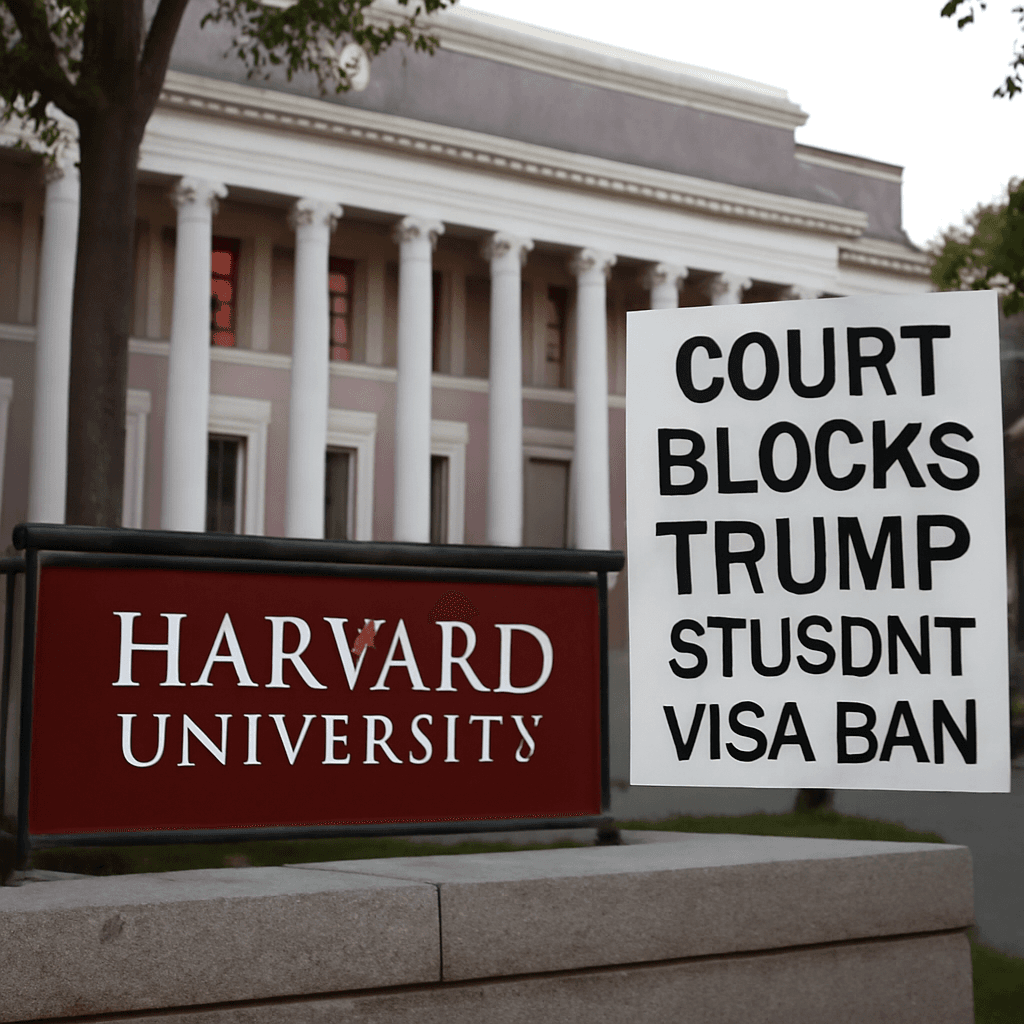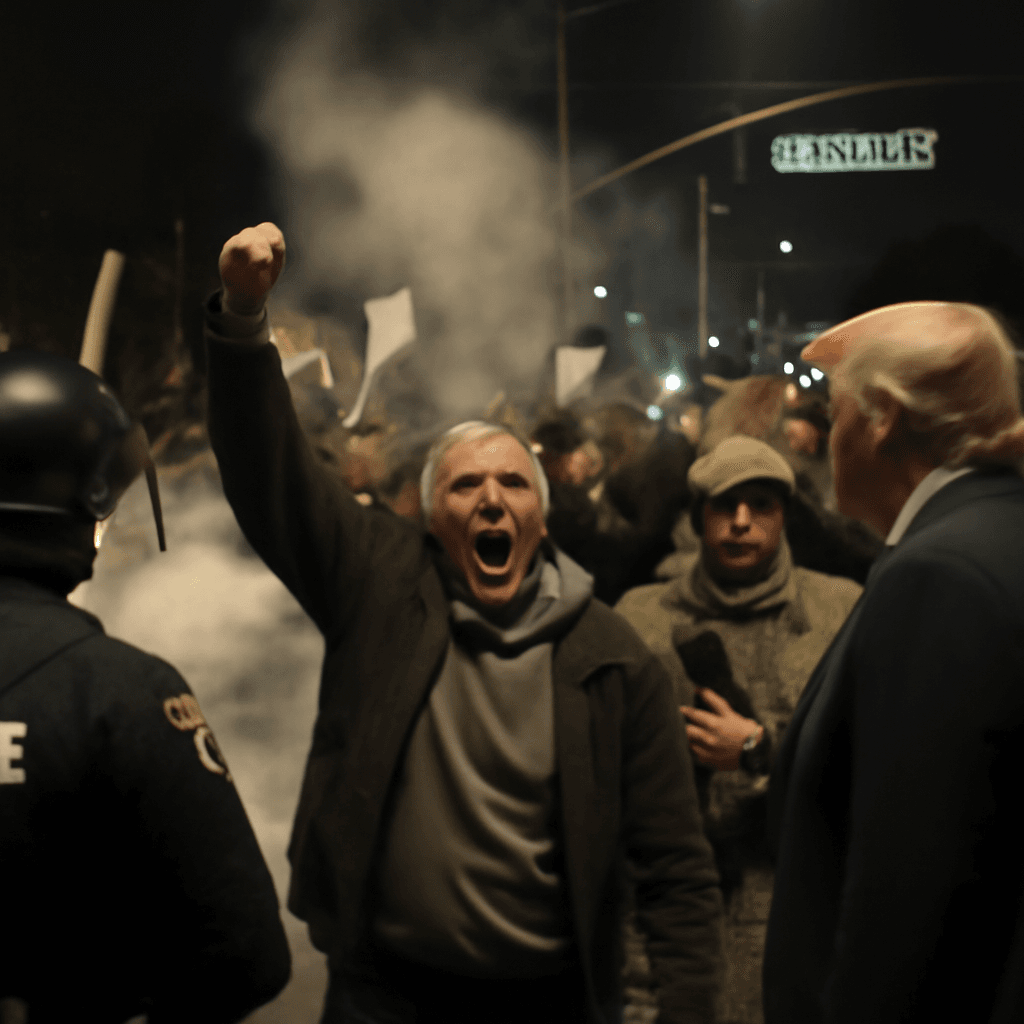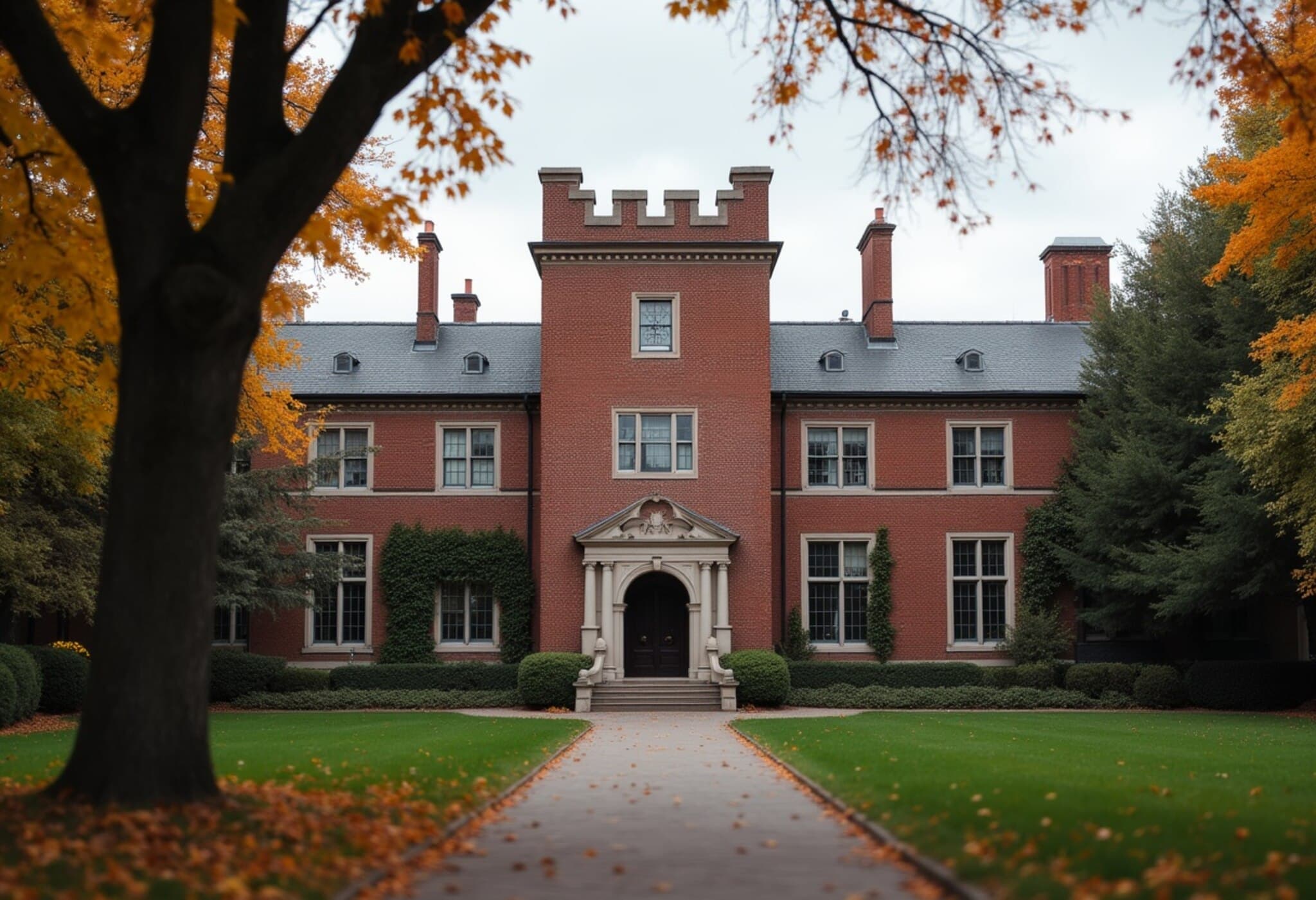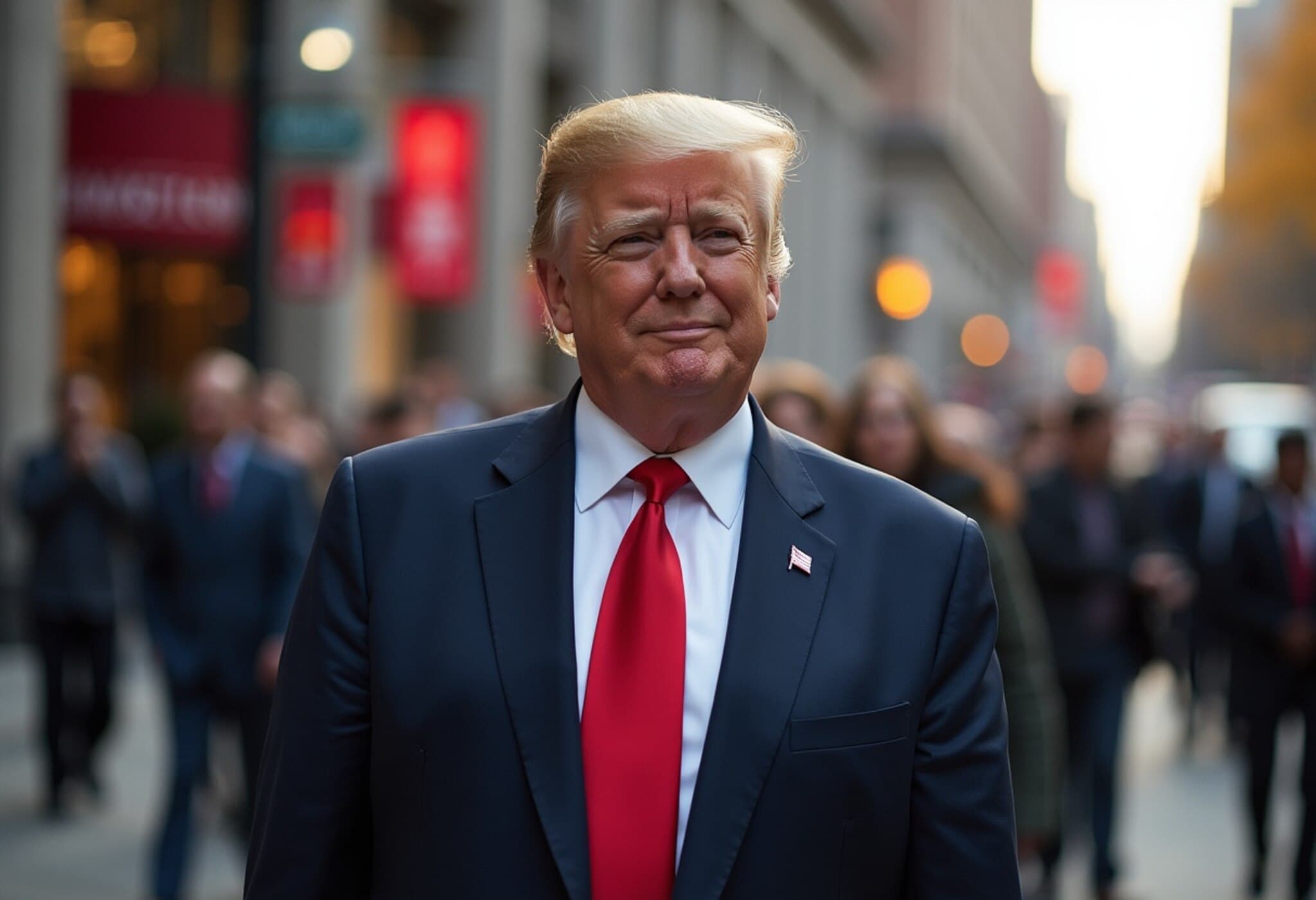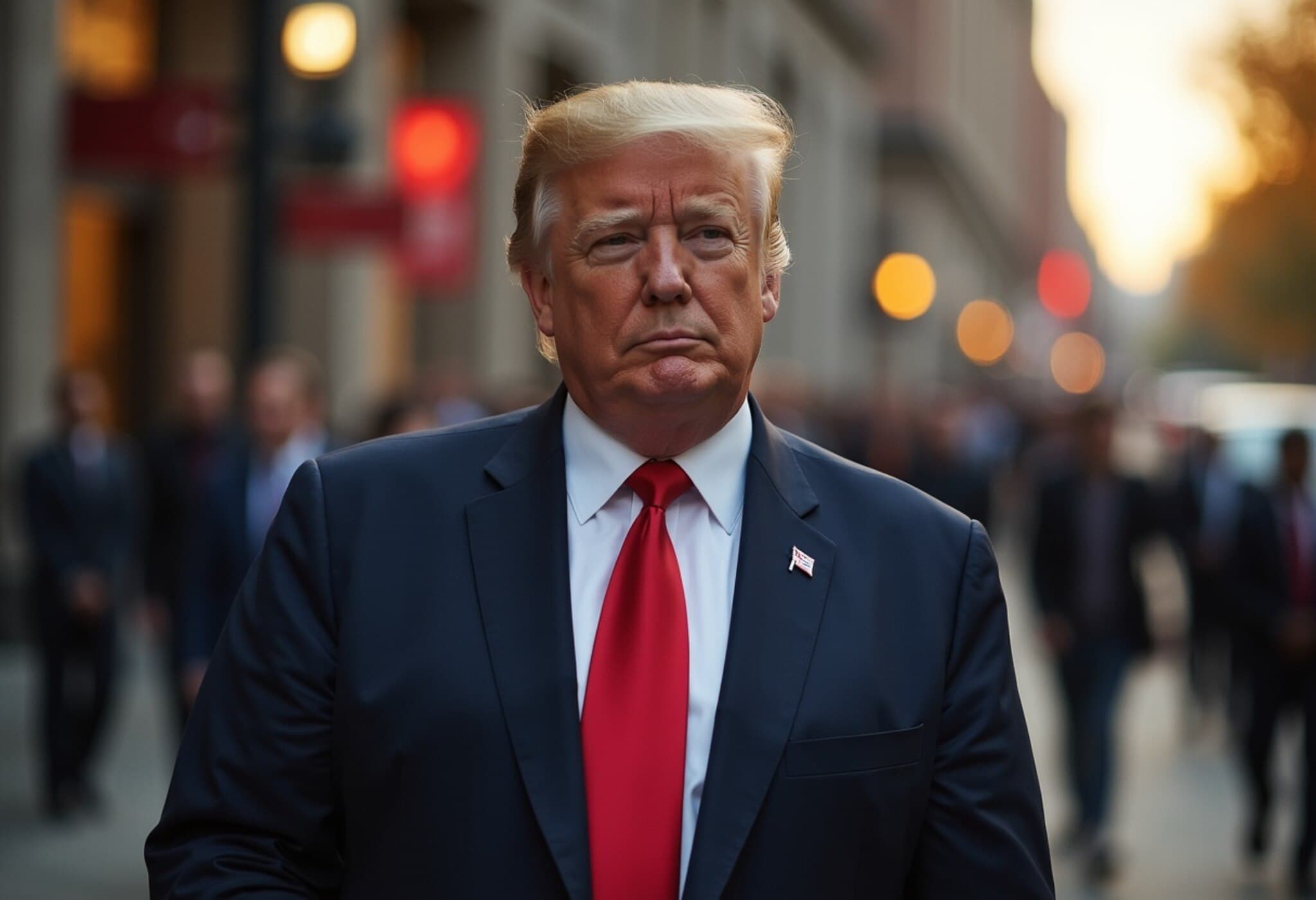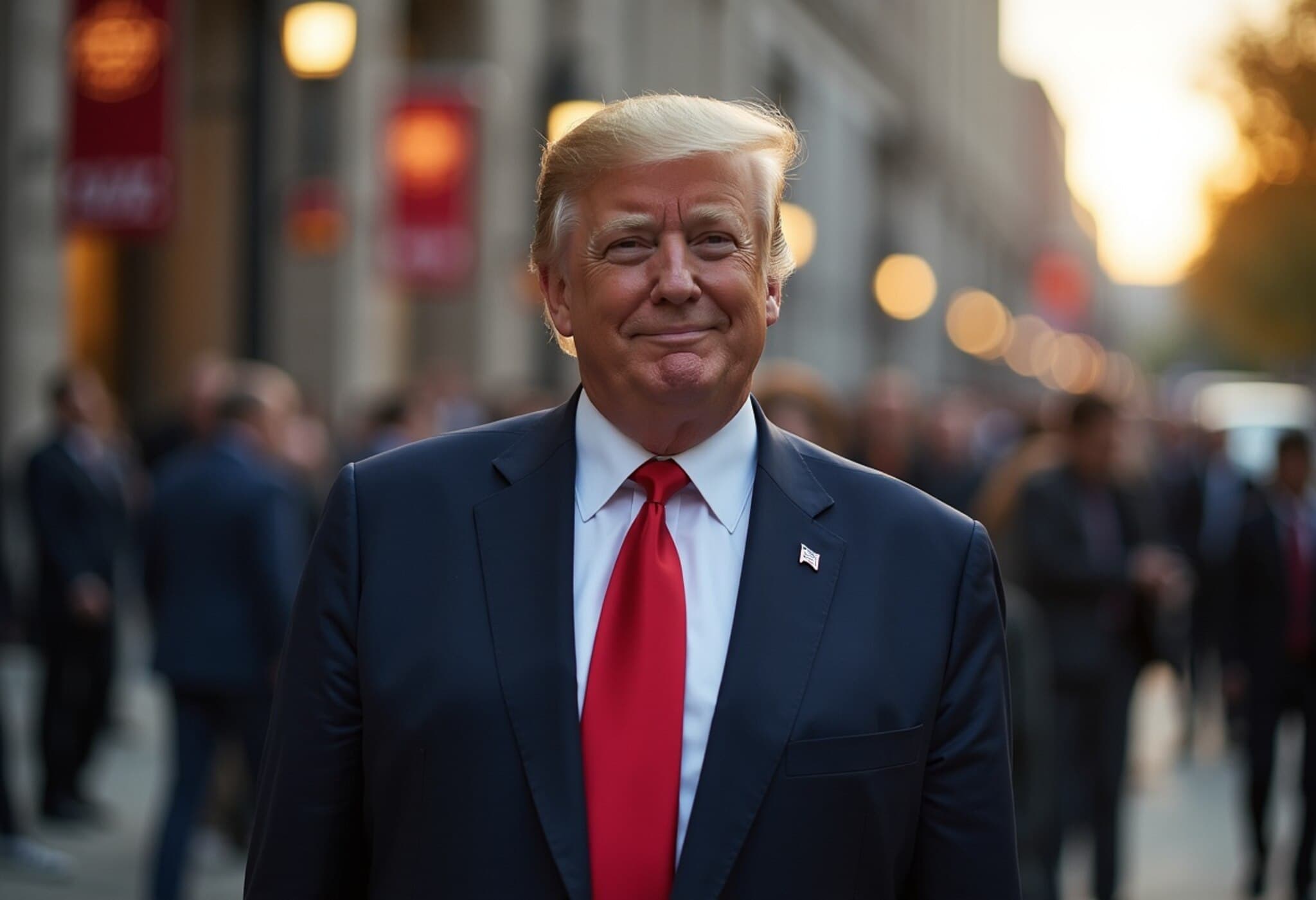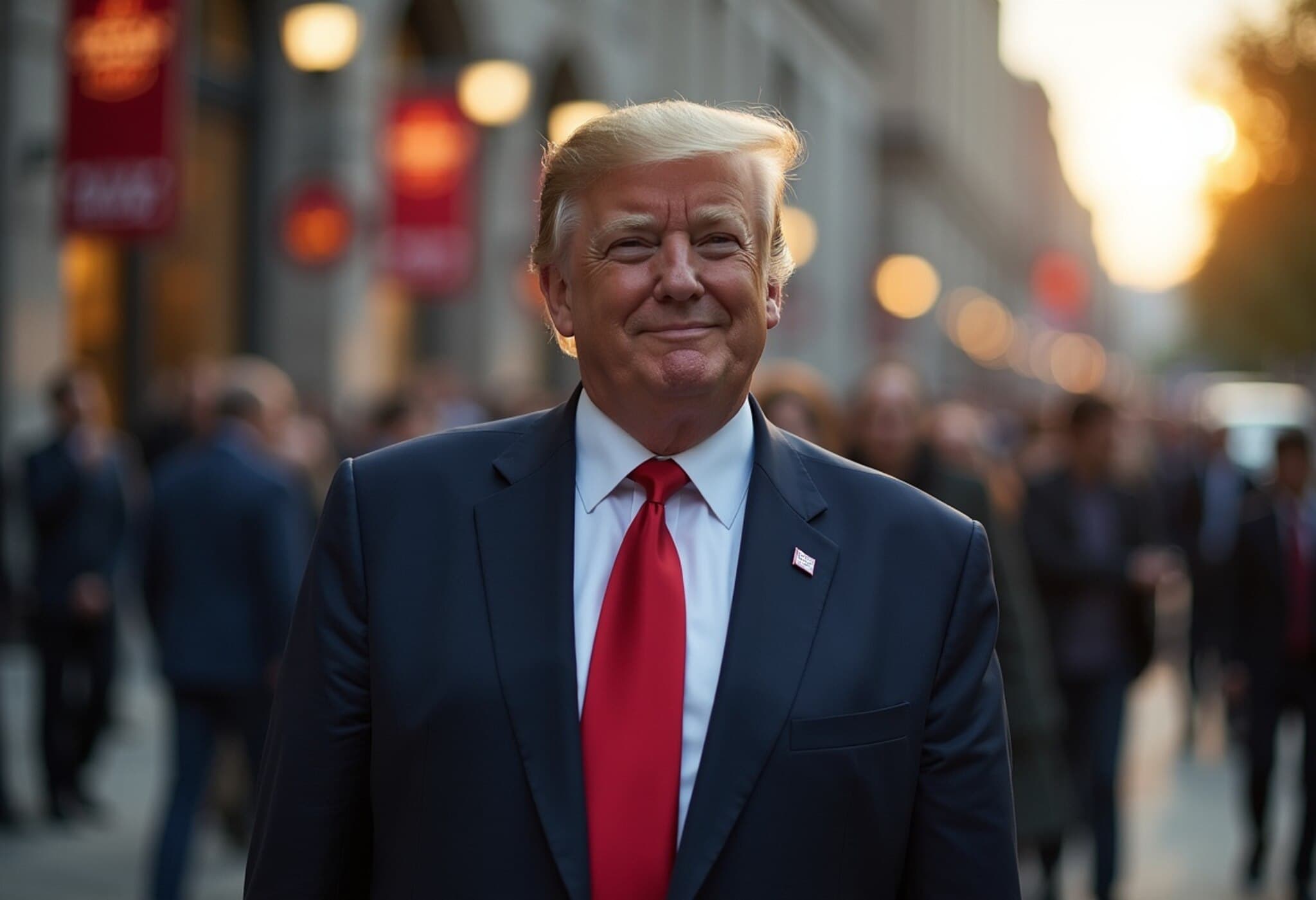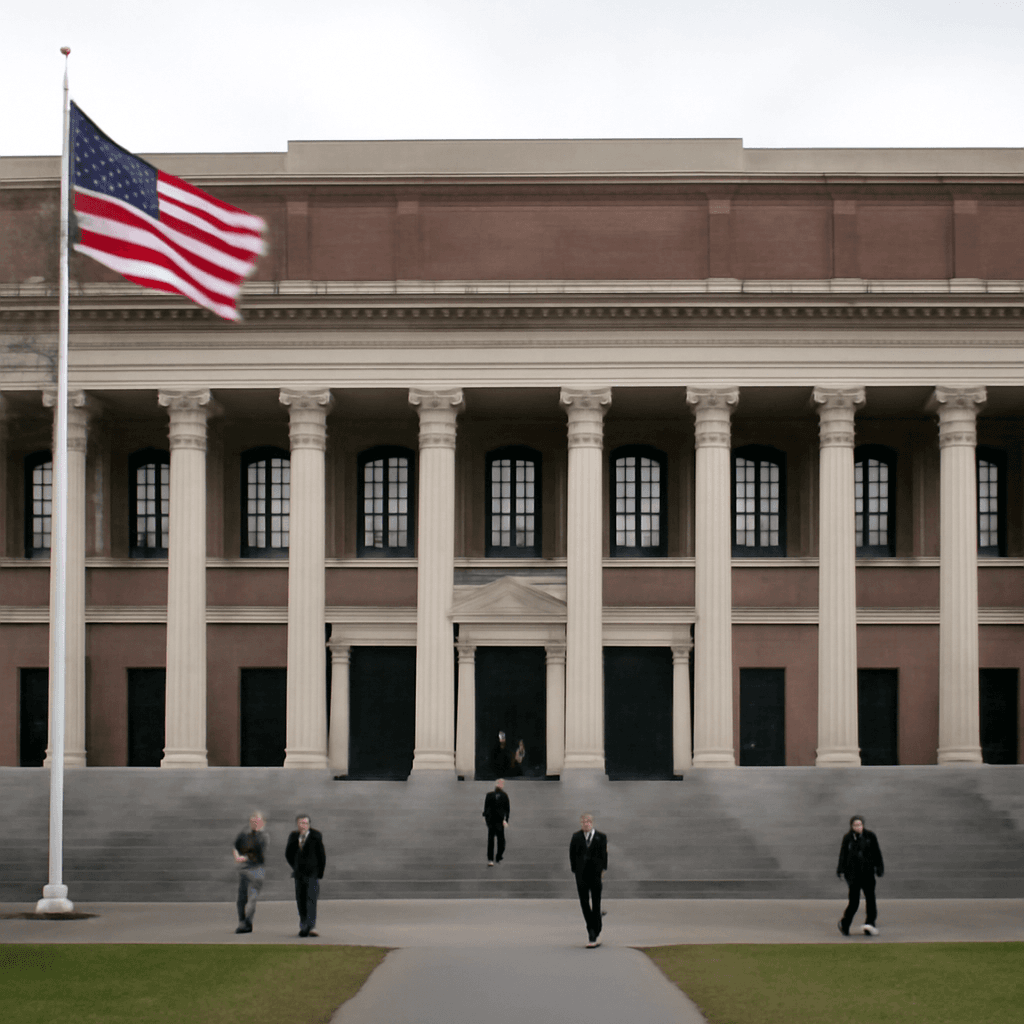Federal Court Halts Trump Administration's Ban on Harvard International Students
A federal court in the United States has blocked the Trump administration's recent ban that affected international students at Harvard University. The decision follows a legal challenge filed by Harvard, which called the ban "illegal retaliation" after the university refused White House demands.
Legal Challenge and University Response
Harvard contested the administration's decision that relied on a federal law allowing the President to prohibit a "class of aliens" deemed harmful to national interests. The university challenged this by arguing that the students targeted are not a "class of aliens" and that the ban was a punitive measure.
Harvard stated in its legal filing: "The President’s actions thus are not undertaken to protect the interests of the United States, but instead to pursue a government vendetta against Harvard." The university emphasized that this move affects over 7,000 F-1 and J-1 visa holders and their dependents, describing them as pawns in an escalating government retaliation campaign.
Background of the Ban
In May 2025, the Department of Homeland Security (DHS) revoked Harvard University's certification to admit international students. This unprecedented step barred Harvard from enrolling new international students and forced current students to either transfer or risk losing their legal immigration status.
The action was directed by Homeland Security Secretary Kristi L. Noem as part of a broader federal crackdown on certain campus activities amidst ongoing tensions related to international affairs.
Previous Legal Developments
Prior to this court ruling, a judge had already blocked the DHS’s attempt to revoke Harvard’s certification to host foreign students. Harvard accused the Trump administration of circumventing court orders by implementing this ban through different means.
Implications for International Students and Academic Institutions
This legal victory for Harvard safeguards the university’s ability to admit and retain international students, who are integral to its diverse academic community. It also sets a precedent against politically motivated administrative actions targeting educational institutions.

